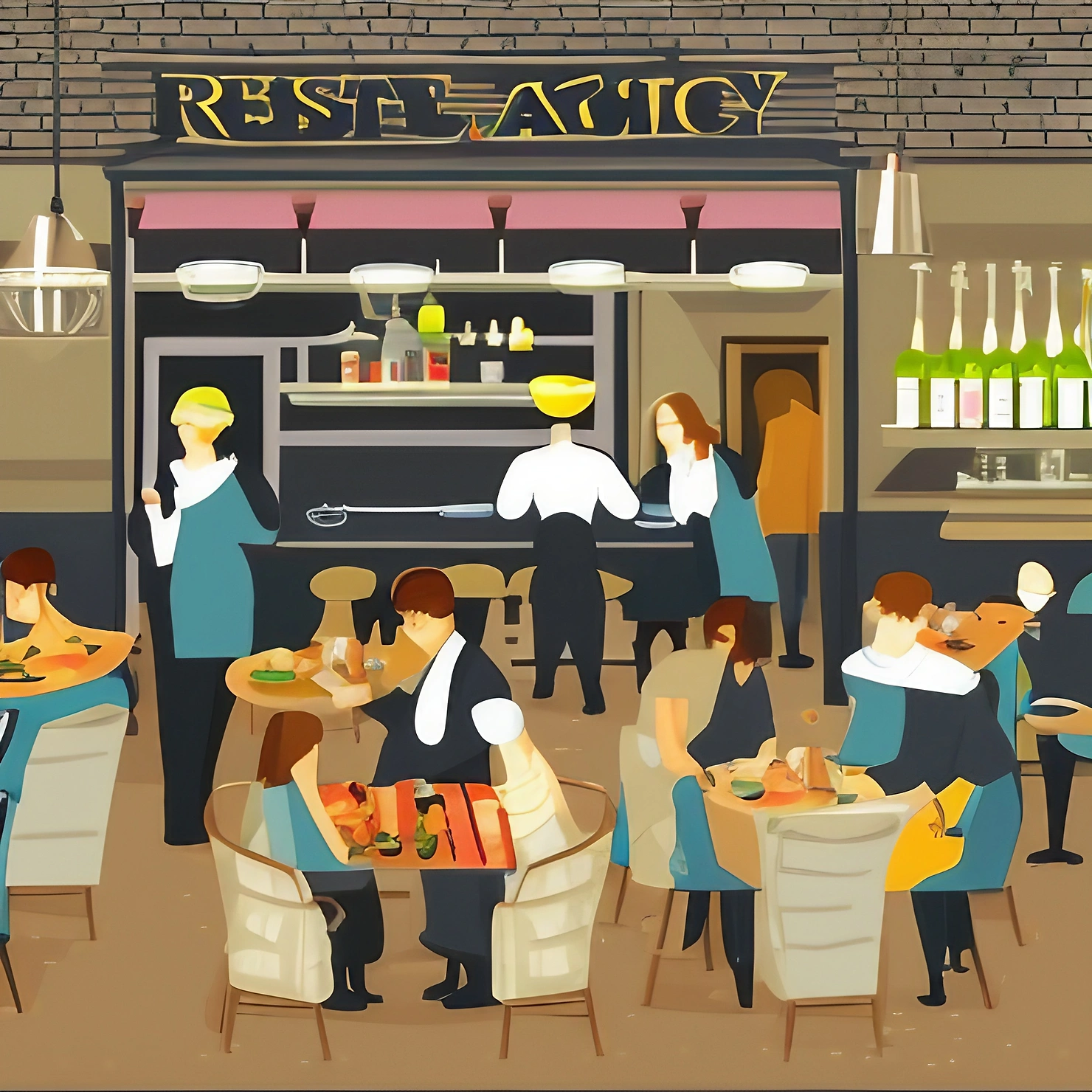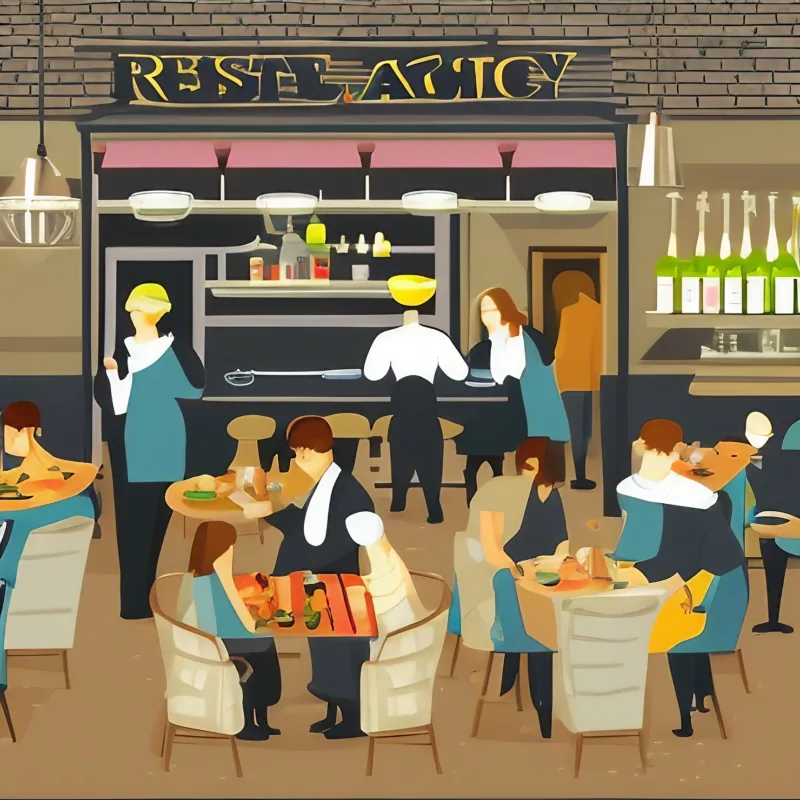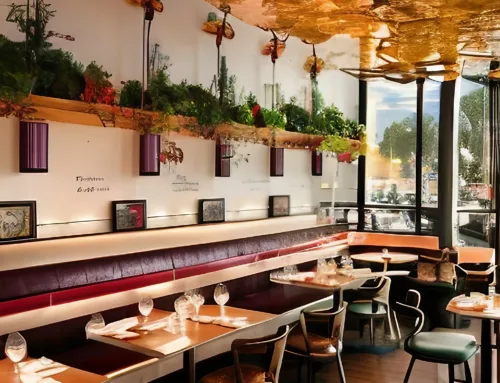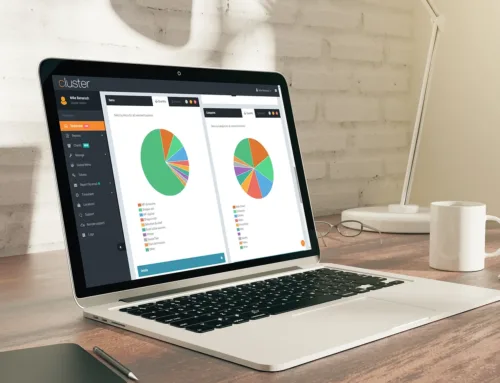For restauranteurs
ensuring that food hygiene and safety standards are met is an absolute necessity if they want to keep their business running smoothly. A failure to do this can not only damage a restaurant’s reputation but also bring about hefty fines or even closure. As such, it’s essential for all restauranteurs to understand the basics of food hygiene and safety in order to ensure their customers have a safe and pleasant dining experience every time. Here are some tips on what you need to know about food hygiene and safety when it comes to operating a restaurant:
-
Cleanliness is Key – Maintaining cleanliness in the kitchen at all times is one of the most important elements in keeping up proper food hygiene standards! Make sure surfaces are wiped down regularly between different uses, any spills or messes are taken care of right away and equipment is kept sanitized as much as possible — especially before & after every shift!
-
Understand Food Storage Requirements – Understanding how best to store your foods helps prevent cross contamination as well as spoilage due to improper temperatures or moisture levels so make sure you know exactly where each type of item should go! For example, cold items must always be refrigerated while labeling containers with expiration dates will help avoid wastage down the line too !
-
Prepping Properly – Taking the time to prep each ingredient properly can help avoid costly mistakes in the future! If something needs to be chopped/diced/grated etc., make sure you do it quickly yet precisely — paying attention to the finer details will go a long way towards creating successful dishes that restaurant patrons love! At the same time though make sure blades haven’t been contaminated from other foods during preparation.
-
Use Separate Utensils – When handling different types of foods, it’s important that separate utensils are used in order to prevent cross contamination from occurring too! One great way of doing this is by using color coded cutting boards or tools so everyone knows which ones should be used for what type of product — no need for double checking anymore!
-
Monitor Deliveries Closely – Making sure all deliveries have been inspected prior to use helps prevent any sort of contamination or spoilage problems later on ! Any damaged packages should be returned immediately while checking expiration dates on items such as dairy products helps avoid wastage down the line too! Lastly , never accept anything that looks suspicious — even if it’s discounted — as this could lead to customers getting sick once they consume it.
Following these guidelines will help ensure your restaurant always meets its food hygiene and safety requirements by providing diners with an enjoyable yet safe dining experience every time !






